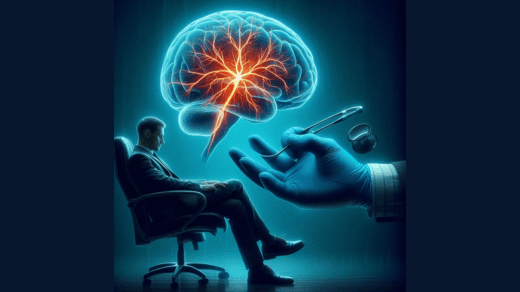Neuropathic pain can feel like a constant, unwelcome companion. It often arises from nerve damage and can be tough to manage. Pain management specialists have strategies to help. I will explore how these experts tackle neuropathic pain. They focus on a few main areas. First, they assess and diagnose the pain’s root cause. Next, they use treatments like medication and regenerative medicine. Lastly, they emphasize lifestyle changes for long-term relief. By understanding these steps, we can see how specialists provide relief and support.
Understanding Neuropathic Pain
Neuropathic pain results from damage or disease affecting the nervous system. It is different from the pain you feel when you cut your finger or stub your toe. This type of pain can feel like shooting or burning sensations. Sometimes, it causes numbness or weakness. Specialists aim to identify the source of the pain to tailor effective treatments.
Diagnosis and Assessment
Diagnosing neuropathic pain involves a thorough examination. Specialists use various tests to understand the nature of the pain. These tests might include nerve conduction studies and imaging tests. The goal is to pinpoint the problem and create a personalized treatment plan. For more details on these tests, you can visit the National Institute of Neurological Disorders and Stroke.
Treatment Options
Pain management specialists use a mix of treatments to manage neuropathic pain. Here are three main approaches:
- Medications: These include pain relievers, anti-seizure drugs, and antidepressants. Each medication targets different pain pathways.
- Regenerative Medicine: This involves procedures that aim to repair or replace damaged tissues. Techniques like stem cell therapy are becoming more common.
- Therapies: Physical and occupational therapies can help improve movement and reduce pain.
Lifestyle Changes
Specialists often suggest lifestyle changes to support treatment. Regular exercise, a balanced diet, and stress management can have a positive impact. These changes help in reducing pain severity and improving overall quality of life.
Comparing Treatment Effectiveness
| Treatment | Effectiveness | Considerations |
| Medications | Moderate to High | Possible side effects |
| Regenerative Medicine | Emerging | Limited long-term data |
| Therapies | Moderate | Requires commitment |
Why See a Specialist?
Managing neuropathic pain on your own can be difficult. Specialists have the knowledge and resources to offer help. They can guide you through the maze of treatment options. Moreover, they can adjust treatments based on how you respond, ensuring the best possible outcome.
Conclusion
Neuropathic pain requires a comprehensive approach. By focusing on diagnosis, treatment, and lifestyle, specialists provide holistic care. These steps help in reducing pain and improving quality of life. If you face neuropathic pain, consider consulting a pain management specialist. They can provide insights and treatments tailored to your needs.

